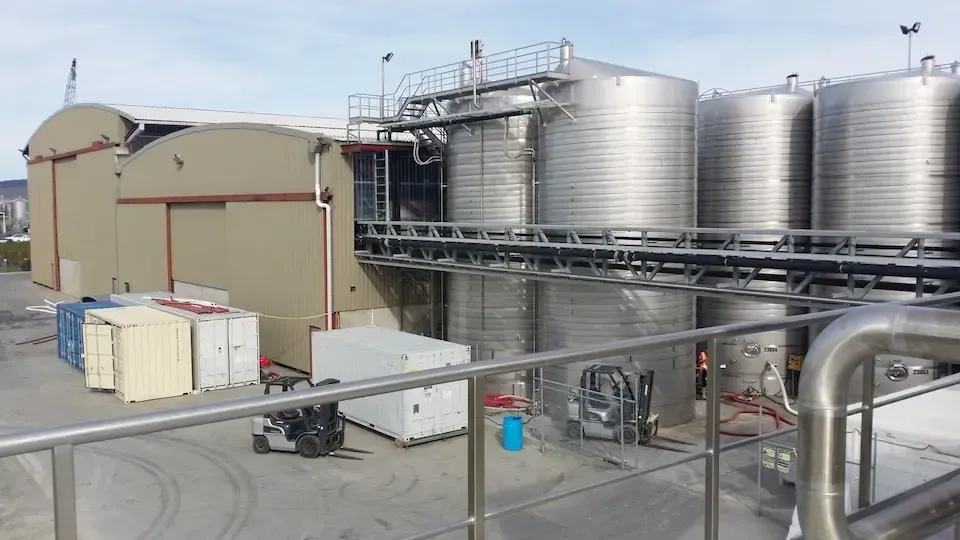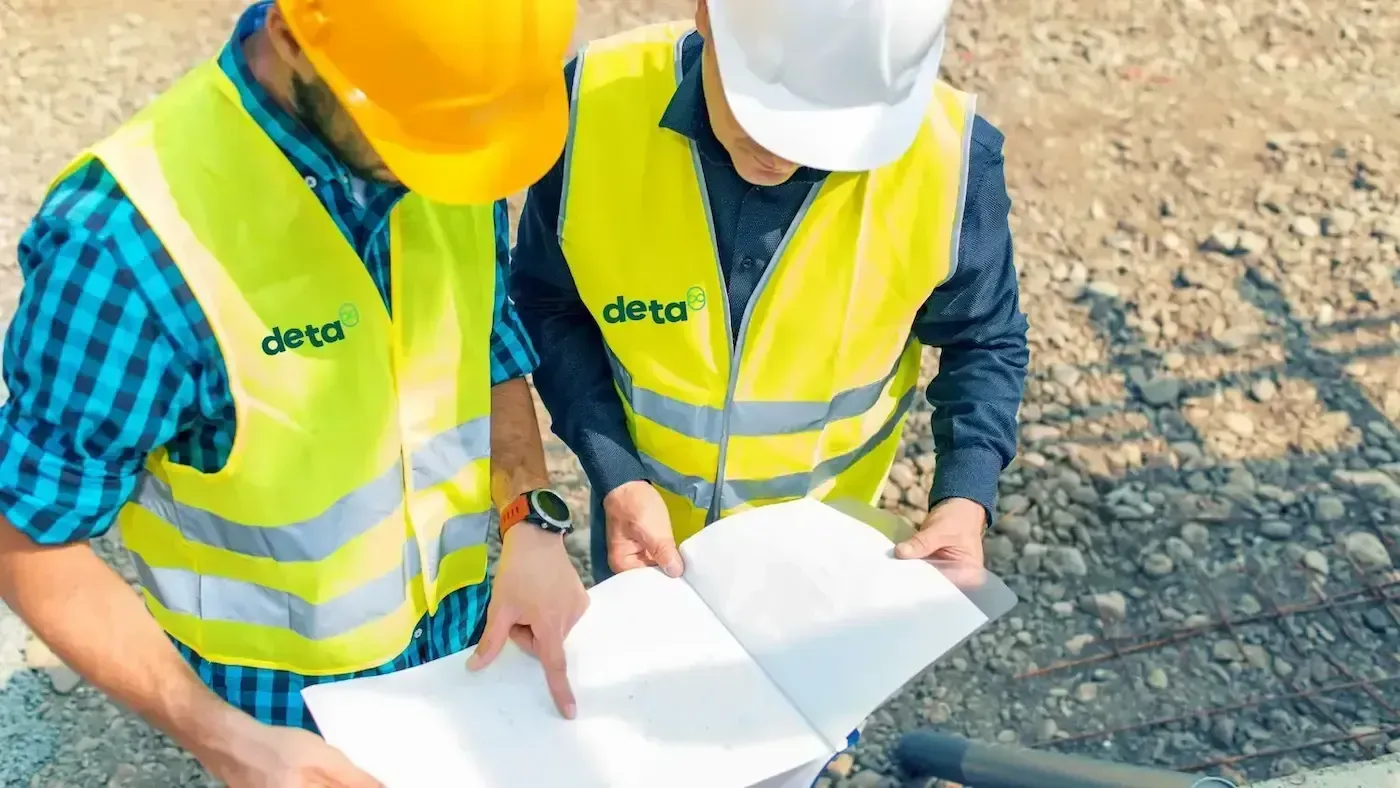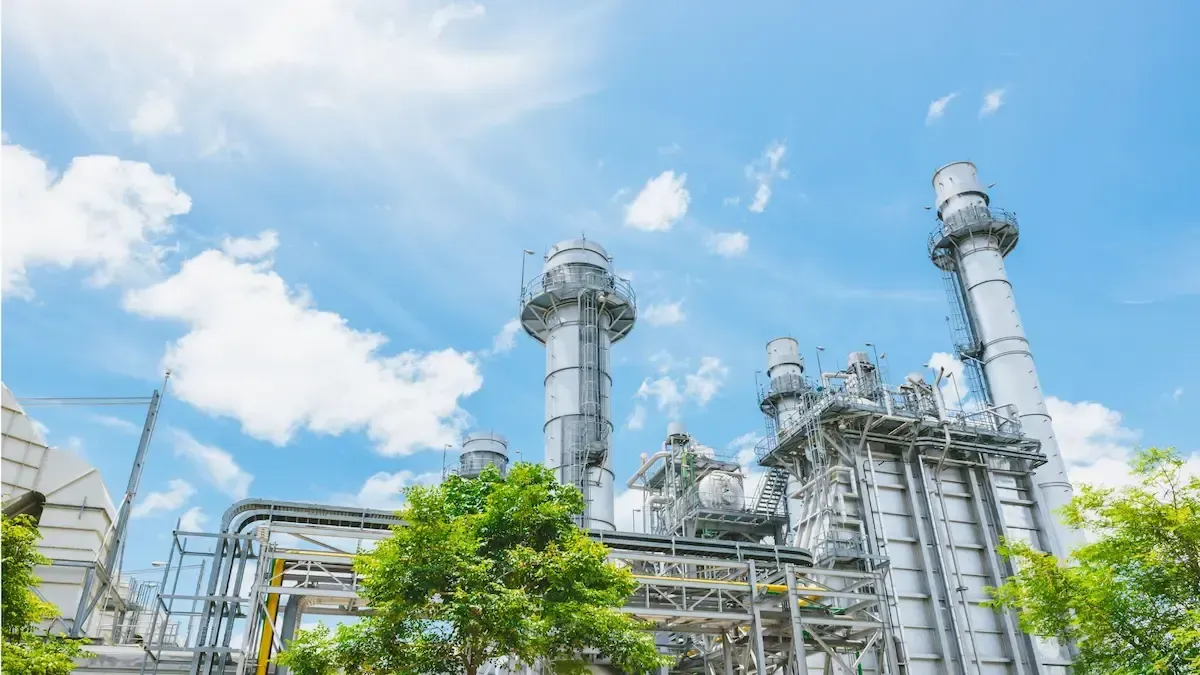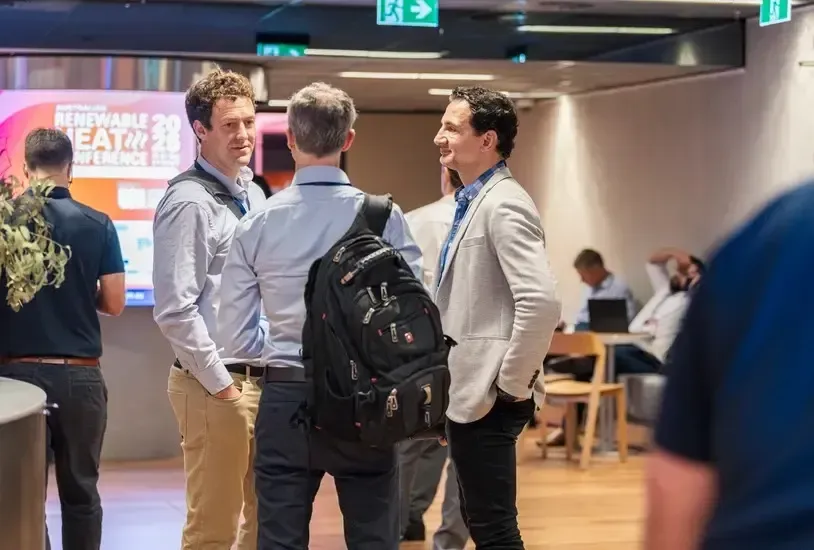Energy audits driving profit: real-world success stories
In today's global business landscape, energy costs and carbon emissions represent well documented and significant challenges, but by being proactive and tackling them head on there are opportunities: difficulties mastered are opportunities won.
Forward-thinking companies across New Zealand, Australia and the Pacific are discovering that comprehensive energy audits have the power to unlock substantial cost savings while simultaneously reducing environmental impact. As businesses navigate increasingly strict climate regulations, the value of expert energy management has never been clearer.
Ahead of compliance: the business case for energy audits
Energy audits have evolved far beyond simple compliance measures. When executed by experienced energy efficiency consultants, these assessments reveal hidden opportunities for operational improvement and cost reduction.
As a leading sustainability consultancy, DETA undertakes energy audits conducted to AS/NZ 3598:2014 standards to provide businesses with actionable and achievable insights that directly impact the bottom line. Rather than offering generic recommendations, our approach focuses on understanding each client's unique operational context before identifying targeted opportunities.
"We understand the challenges businesses face in reducing energy costs, minimising carbon emissions, and staying competitive in a rapidly changing environment," explains a DETA spokesperson. "Our goal is to ensure clients can make informed, sustainable decisions that drive long-term cost reductions and business resilience."
Success stories: turning energy insights into profit
The real value of energy audits becomes clear when examining real-world results. Here are examples of how organisations have leveraged expert energy management services to drive meaningful change:

Healthcare sector transformation
When the Victorian Health Building Authority (VHBA) needed to improve energy efficiency across 84 healthcare facilities in the Grampians region, they turned to DETA's energy audit services. Through detailed data collection, stakeholder consultations, equipment inspections, and benchmarking analysis, we were able to identify opportunities that could potentially abate 4,844 tonnes of CO2e annually.
This comprehensive approach didn't just help VHBA align with Victoria's emission reduction goals - it created a roadmap for significant operational cost savings across their healthcare network.
Manufacturing efficiency and process optimisation breakthrough
Gelita Australia, which has been manufacturing gelatine from bovine hide since 1917, commissioned DETA to conduct a Type 2 energy audit at their Beaudesert plant near Queensland. The energy management consultants thoroughly reviewed site energy consumption and identified multiple Energy Management Opportunities (EMOs) with less than five-year payback periods.
The recommendations would not only reduce overall energy consumption but also cut carbon emissions by at least 1,700 tCO2e per year upon implementation - demonstrating how targeted energy efficiency services can create both environmental and financial benefits.
Food and beverage industry innovation
The Indevin Group approached DETA for support on decarbonising and improving efficiency across their operations while future-proofing their expansion investments. DETA developed a comprehensive pathway with a particular focus on eliminating fossil fuels from the winemaking process.
Starting with the 15th Valley Winery, DETA's carbon reduction strategies are anticipated to cut approximately 300 tonnes of CO2e annually. These learnings are now being expanded into a group-wide roadmap, giving Indevin confidence they can balance energy and carbon efficiency while maintaining their wine's quality and consistency.

Immediate ROI for commercial operations
A commercial laundry facility facing escalating natural gas costs and supply security concerns engaged DETA to develop carbon management solutions. DETA's approach was two-pronged: first identifying quick savings to reduce immediate costs, then mapping a comprehensive transition away from gas.
Through an in-depth site investigation, DETA identified immediate savings exceeding $200,000, the equivalent to a 10% reduction in natural gas use, with a payback period of less than one year. This case demonstrates how expert energy and carbon management services can deliver extraordinary returns on investment.
Strategic sustainability services: building on energy foundations
While energy audits form the foundation of sustainability improvements, DETA's approach extends to broader sustainability consulting services. Our work with Six Senses resort on Malolo Island demonstrates how energy efficiency can be integrated with renewable generation strategies to create comprehensive solutions.
For this project, we developed a high-level business case covering both demand reduction and energy supply options, including PV installation (both rooftop and solar farm) alongside diesel generation alternatives. The result was a clear investment pathway that optimised long-term operational costs.
Similarly, work with the Fijian Department of Energy showcases the consultancy's ability to operate at scale. By collecting energy consumption data from over 300 commercial, hospitality, and industrial sites across Viti Levu, DETA helped establish the country's first energy benchmarking project—a key component in meeting Fiji's Paris Agreement obligations.

Moving forward: from audit to implementation
An energy audit represents just the first step in a comprehensive energy efficiency and decarbonisation journey. Once cost-effective and practical opportunities are identified, implementation becomes the focus.
DETA offers support throughout this journey, from detailed feasibility studies and business cases to implementation, commissioning and face-to-face training. Our services span:
- Strategy and transition planning
- Feasibility studies
- Engineering design
As one DETA client noted, "Between their industry experience and our team's understanding of the site, we were able to deliver projects that made a real impact on both our carbon footprint and cost bottom line."
DETA: your partner in sustainability and profit
As businesses throughout New Zealand, Australia and the Pacific face mounting pressure to reduce energy costs and carbon emissions, partnerships with experienced sustainability consultants become increasingly valuable. Companies like DETA provide not just technical expertise but a collaborative approach to transform energy challenges into opportunities for profit and resilience.
Ready to unlock energy savings and drive sustainability?
Discover how a professional energy audit can transform your business. Download our brochure to learn what’s involved and how we’ve helped businesses across New Zealand and Australia reduce energy costs and emissions.
👉 Download the Energy Audit Brochure
Or
Contact our Energy Experts to start your energy optimisation journey today.





